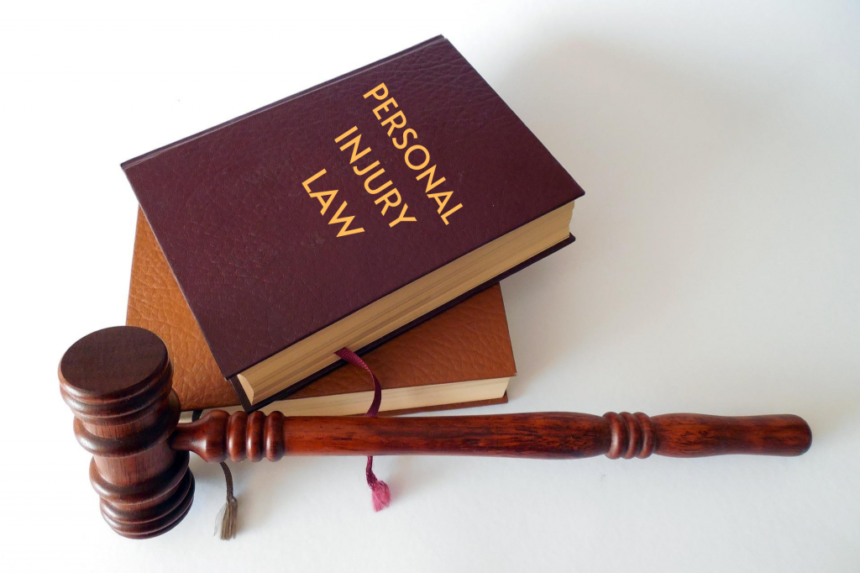Have you ever wondered what it means when someone says an accident was due to negligence?
Negligence is a key concept in personal injury law, and understanding it can help you know your rights if you’re ever injured. This article talks about negligence and gives a few examples to help you better understand the concept.
We will also talk about how personal injury lawyers will assist you in recovering damages from the at-fault party. Read on.
What is Negligence?
Negligence is when a person doesn’t act with the care that a reasonable person would in a similar situation. This refers to careless or reckless actions that result in someone else getting injured.
Examples of Negligence in Personal Injury Cases
Real-life examples may help you grasp these elements when discussed. Some are listed below.
- Car Accidents:
Car accidents are one of the most prevalent forms of personal injury claims. If a driver is texting while driving and hits a car, the driver has probably breached their duty of care. If this offense causes bodily injury to another person, the texting driver will be judged negligent.
- Slip and Fall:
Property owners must ensure the safety of everyone on their property. For instance, a grocery store will be held liable for negligence if it doesn’t clean up and a customer slips and gets injured. The store breached its duty to maintain a safe environment, leading to the customer’s injury.
- Medical Malpractice:
Doctors must uphold their pledge to deliver treatment to suit patients’ requirements. Surgeons who perform surgery on incorrect areas can be held negligent. If this error harms the patient, the doctor may be sued for negligence.
The Role of Personal Injury Lawyers
Seek a lawyer if someone else’s negligence has injured you. Personal injury lawyers have seen and dealt with scenarios like the ones above and can assist you in navigating the legal system. They may help you collect evidence, prove the other person was negligent in this incident, and fight for fair compensation.
These lawyers will explain your rights. They will handle the paperwork and negotiations with insurance companies. Their expertise increases the likelihood that your claim will be approved and that you will get a reasonable reimbursement.
How to Prove Negligence
Personal injury claims require a lot of information to prove that the at-fault party was negligent. Here are some steps to take:
- Gathering Evidence: The accident site photos, medical records, witness statements, and other related documents might be used as evidence. Proof that the defendant’s misbehavior caused the accuser’s suffering is essential.
- Expert Testimony: An expert witness is important to prove certain aspects of an accident. A medical expert may testify in a medical malpractice case regarding how the required level of care wasn’t fulfilled.
- Legal Representation: An experienced lawyer might make a big difference in a personal injury case. If you were injured in an accident, a lawyer may provide evidence, record witness statements, and argue for fair compensation.
- Demonstrating Consistency: Showing that the wounded individual sought medical aid swiftly and followed all suggested care procedures before receiving treatment is crucial. This indicates how terrible the injury was and how the defendant’s negligence caused it, establishing the link.
Conclusion
Negligence is an essential factor in personal injury law. You will get compensation for damages if you can prove that the at-fault party was negligent.
Remember that personal injury lawyers specialize in matters like this and can assist you in navigating the court system. If they find someone else’s negligence has hurt you, they will help in defending your rights and seeking justice.






